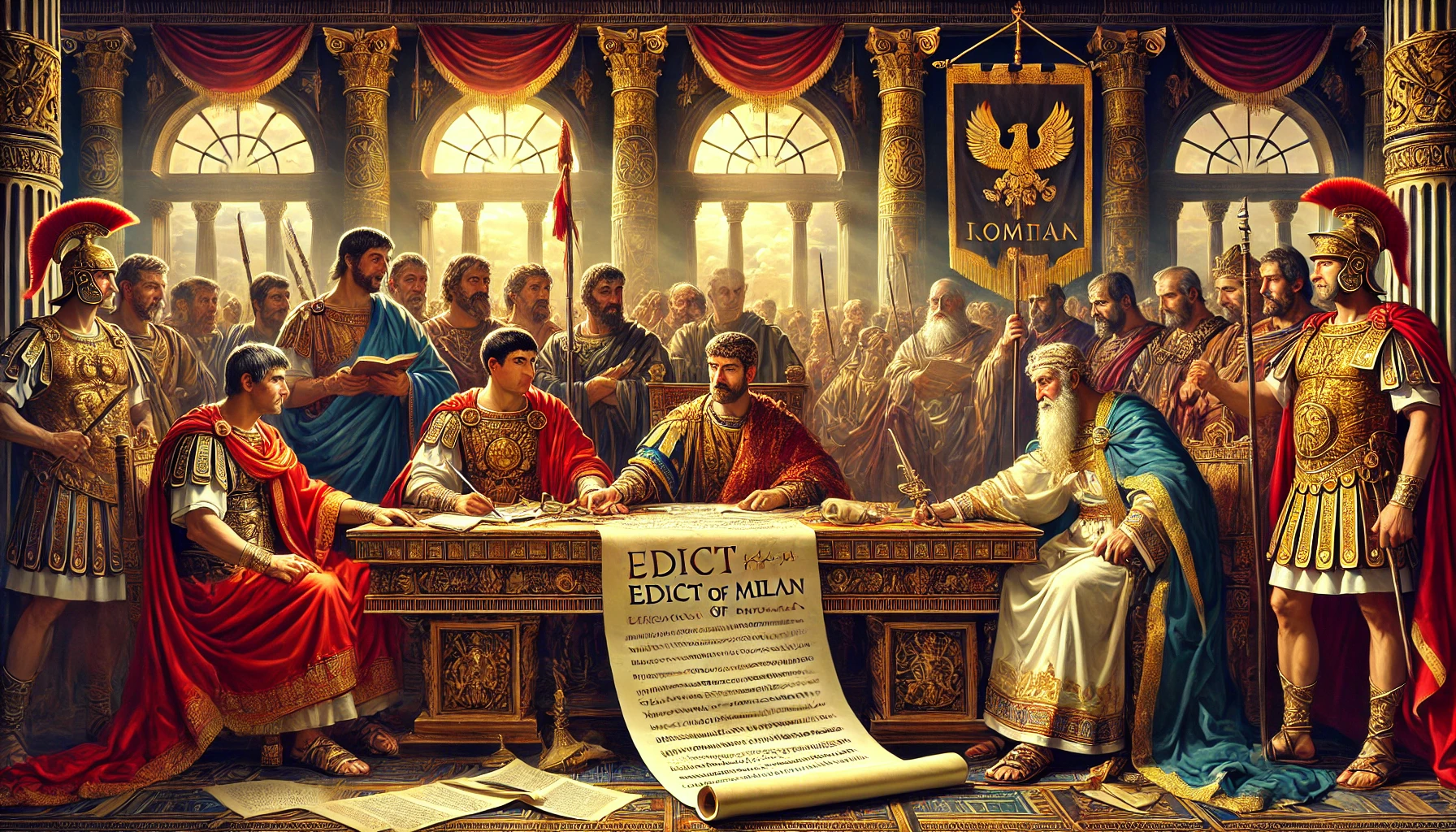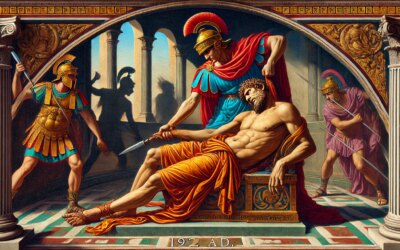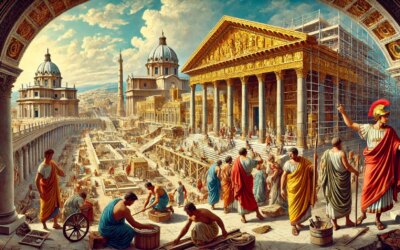A New Era for Religious Freedom
In 313 AD, an unprecedented event reshaped the Roman Empire and the future of Christianity. The Edict of Milan, issued by Emperor Constantine the Great and Emperor Licinius, granted religious tolerance throughout the empire, ending centuries of Christian persecution. This decree not only secured freedom of worship but also laid the foundation for Christianity’s rise as Rome’s dominant religion.
Background: Persecution and Change
For centuries, Christianity had been a marginalized and often persecuted faith in Rome. Under emperors like Nero and Diocletian, Christians faced brutal executions and confiscation of property. However, as their numbers grew, so did their influence. By the early 4th century, Christianity had become too widespread to ignore.
Constantine’s Vision and Conversion
The turning point came in 312 AD at the Battle of the Milvian Bridge, where Constantine claimed to have seen a divine sign—a cross in the sky accompanied by the words, “In this sign, you will conquer.” Inspired by this vision, he adopted the Christian symbol and emerged victorious, solidifying his path toward supporting the faith.
The Signing of the Edict
Following his triumph, Constantine and Licinius met in Milan in 313 AD to formalize their commitment to religious tolerance. The Edict of Milan declared that individuals were free to worship any deity they chose, including the previously persecuted Christians. It also restored confiscated church property and ended state-sponsored oppression of Christian communities.
The Impact on Rome and Beyond
The edict’s effects were profound. Christianity, once a secretive and persecuted sect, gained imperial protection. Within decades, it became the dominant religion of the empire. By 380 AD, Emperor Theodosius I would go even further, making Christianity the official state religion of Rome.
A Legacy of Tolerance and Transformation
The Edict of Milan was more than a legal decree; it marked the beginning of a transformation that would shape Western civilization. Constantine’s embrace of Christianity not only altered religious practices but also influenced Roman law, culture, and governance for centuries to come.






